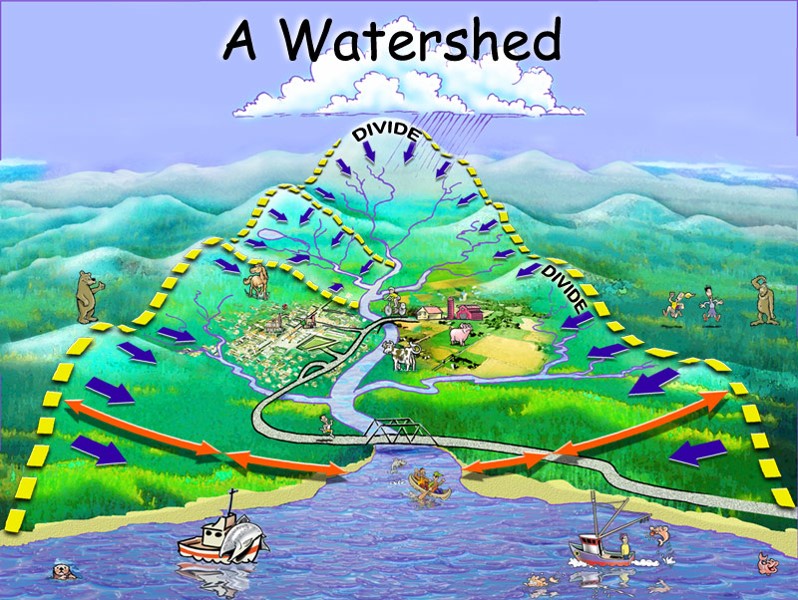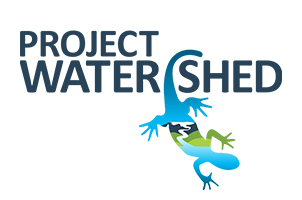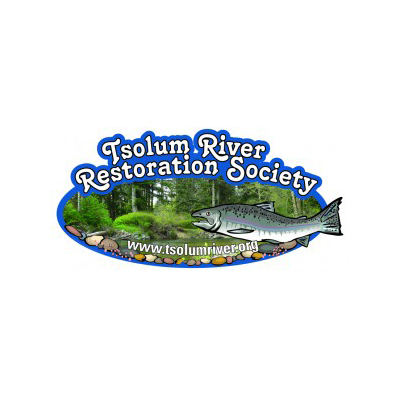Think Like A Watershed
Suggested Grades: 2, 6/7
Driving Questions
Grade 2
- What is a watershed?
- Is a watershed living?
- Why is a watershed important to me?
- Who looks after our watersheds?
- What watershed do you live in?
Grade 6/7
- What is a watershed?
- What watershed do you live in?
- Is a watershed living?
- How do/have people benefited from watersheds?
- How do people change watersheds (bad/good)?
- How is climate change changing watersheds?
Materials
- Watershed Brochure
- Maps – Morrison Creek , Brooklyn Creek, Millard-Piercy Creek
- Watershed Image
- https://youtu.be/8zg2cWtXb-4
- https://estuarymap.projectwatershed.ca/Water.html
- Glacier to Estuary Wall Map (optional) – available through the Resource Center
Learning Intentions
- I can describe a watershed.
- I know which watershed my school is in.
- I can say why healthy watersheds are important.
Curricular Competencies
Science/Social Studies/Language Arts:
- Processing and analyzing data and information
- Comprehending and connecting
- Communicating
- Working cooperatively to confirm what they have learned
Lesson
- Review front panel of brochure – What is a watershed? and Watershed Image.
- Look at the map in the brochure, find your school on the map.
- Review the definitions that accompany the brochure.
- Identify the headwaters of the watershed and the outlet.
- Locate your watershed on the wall map. Talk about the watersheds around your watershed.
- (optional) Locate the Puntledge Watershed on the wall map. This is also called Comox Lake watershed. Explain that this is where our drinking water comes from.
- Watch https://youtu.be/8zg2cWtXb-4.
- Students to answer Watershed Brochure questions in a group.
- Give each student a watershed brochure to take home ask them to use the brochure and/or the link https://estuarymap.projectwatershed.ca/Water.html to locate their house (parents to assist).
- Next day see if students live in the same watershed as their school or in a different watershed.
Click here to download a printable version of this lesson

Community Connection
Contact the stewardship group associated with your watershed for a watershed walk or in class talk. Their contact information is on the brochure.
Tsolum River Restoration Society will also come in and give a talk and demonstration with their Tsolum River Watershed model.


